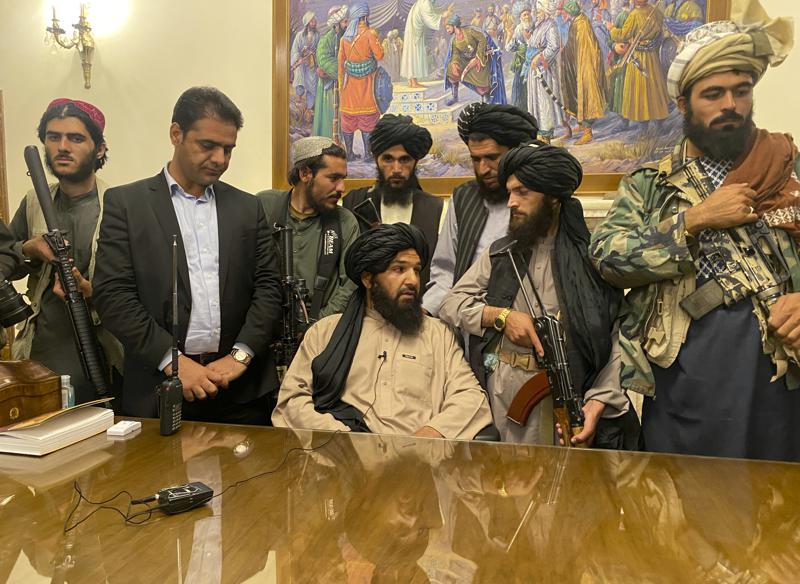
Pakistan’s Pyrrhic Victory in Afghanistan last August when the Afghan Taliban returned to power is now really hurting the country in more ways than imaginable. The Pakistani establishment had hoped that as long as it could keep India out of Afghanistan its security would be guaranteed.
The Pakistani leadership also erroneously believed that once the Taliban were back in power, and the Americans had withdrawn, the Americans and the global community would just forget about what happened in Afghanistan – and forgive and forget the Pakistani duplicitousness and move on. That has not happened. The Americans have not forgotten or forgiven Pakistan and they – and the global community – are not yet willing to recognize the Taliban.
The Pakistani establishment had also promised the Taliban that within a few months the international community would provide aid and assistance and things would be back to normal.
That has not happened and the Afghan Taliban ire is directed at Pakistan which is evident in the open criticism of Pakistan. For example, Prime Minister Shehbaz Sharif in his speech at the United Nations General Assembly warned the global community “about the presence and activities of foreign extremist organisations in Afghanistan, including those that have been targeting Pakistan.” In response, the Afghan Deputy Foreign Minister Sher Abbas Stanekzai “issued an extremely sullen statement accusing Pakistan of feeding off the Afghan conflict for economic gain.”
According to analyst and columnist Mohammad Amir Rana, “The most dangerous part of Stanekzai’s statement was that the Taliban have proof of Pakistan’s manipulative role in Afghanistan, and his saying that “If we rise against this, no one will be able to stop us”, can be interpreted as a threat that they have thought about responding at an appropriate time.”
The Taliban “want international acknowledgement for their efforts against the group. However, apart from their initial claims soon after taking over that they would eliminate the IS-K within weeks, their ideological rival has been gradually getting deeper under their skin. The IS-K wants to discredit the Taliban’s claim that they can provide them with security. The IS-K attack against the Russian diplomatic mission in Kabul can be seen from that perspective.”
Further, the Tehreek-i-Taliban Pakistan “is making it hard for the Taliban to win international support. The resurgence of the TTP means that Al Qaeda and groups like the East Turkestan Islamic Movement and the Islamic Movement of Uzbekistan can also gain ground there, which is concerning for China and the Central Asian states.”
The Taliban regime has only managed some trade and economic assistance from China, Uzbekistan, Russia, UAE, Qatar, Turkey, Iran and several others apart from Pakistan. These are insufficient to run the country’s affairs, and trade alone cannot be a substitute for formal government-to-government relationships.
In conclusion Rana notes that even though Pakistan “has not achieved much in return for its support to the Taliban” as of now, “the architects of Afghan policy in Islamabad have not entirely given up hope and still believe that once the Taliban regime overcomes its immediate economic and humanitarian crises, it will prove to be Pakistan’s best ally. The foundations of such claims are dubious.”
![]()





